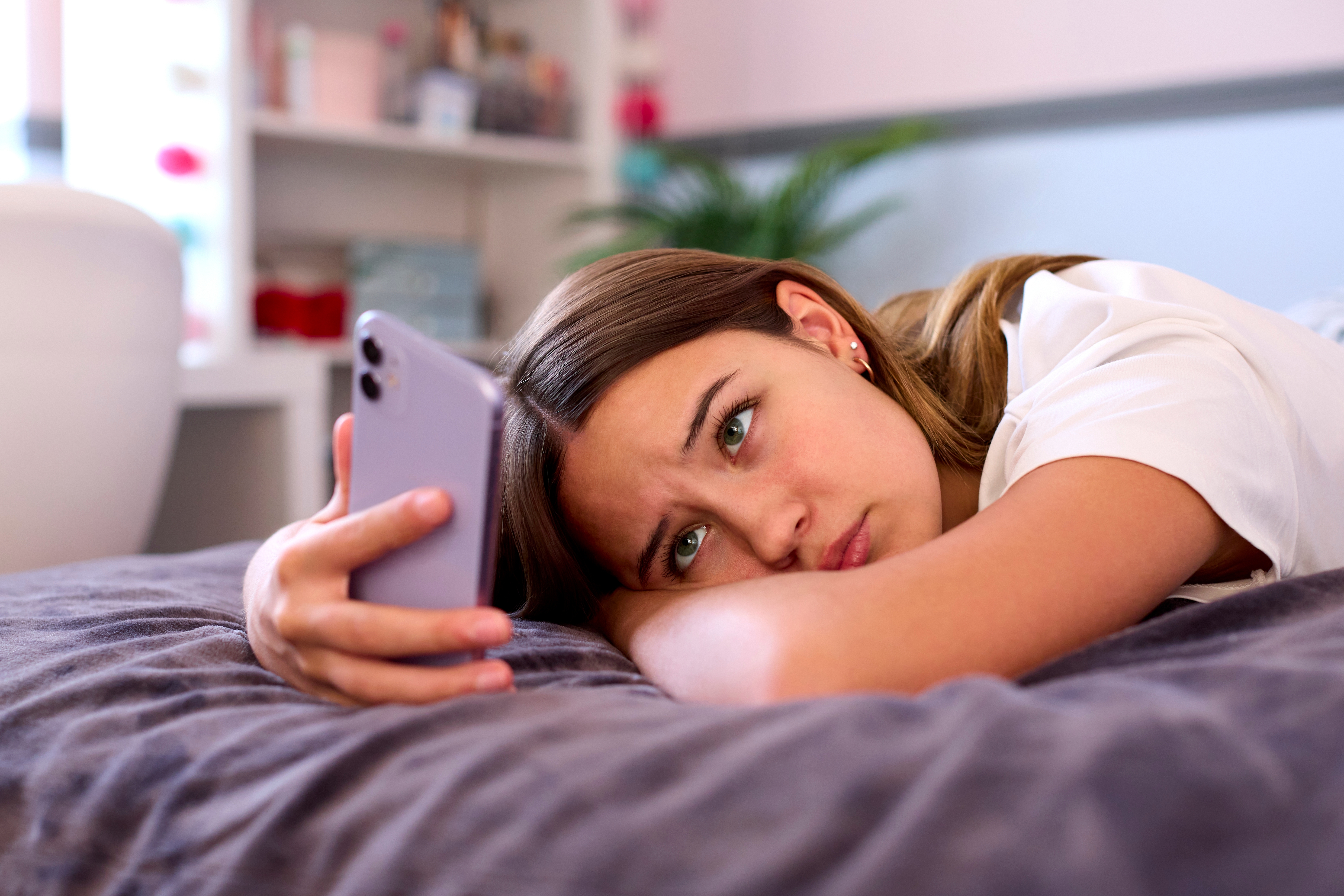News release
From:
Research at a Glance:
- Australian teenagers are being sought for a new study that will monitor the impact of Australia’s world-first social media ban on their screentime, mental health and wellbeing
- The study is calling for 13- to 16-year-olds who use social media apps, such as Instagram, TikTok, Snapchat, YouTube, and their parents, to gauge their feedback before and after the ban comes into effect
- The researchers said the results would help inform whether the social media age restrictions were effective at changing adolescents phone use patterns and improving their mental wellbeing
Australian teenagers are being sought for a new study that will monitor the impact of a world first social media ban on their phone use, screentime, mental health and wellbeing.
The Connected Minds Study, by Murdoch Children’s Research Institute (MCRI) and Deakin University, is seeking 13- to 16-year-olds who use social media apps such as Instagram, TikTok, Snapchat, YouTube, and their parents, to share their experiences before and after the restrictions come into effect.
From December 10, all age‑restricted social media platforms must prevent those under the age of 16 in Australia from creating or keeping accounts.
MCRI Professor Susan Sawyer said the results of the study would help inform whether blocking social media was effective at changing adolescents’ phone use patterns and improving their mental wellbeing.
“Some evidence links social media use to adolescent mental and physical health, but a clear cause-and-effect relationship hasn't been proven,” she said.
“Crucially, we need to hear from young people and their families about what they think about the upcoming restrictions and ultimately what changes it makes to their lives to better inform debates around the potential harms, or benefits, of social media.”
All study participates will complete a short survey before and after the social media age restrictions start. Running parallel to the survey will be an optional 2-week mobile phone study. Using a secure research-based app, the study will collect de-identified information on the amount of time spent on social media, sleep, physical activity and daily surveys on social media use and young people’s feelings on social connectedness.
“With Australia leading the world on delaying social media for young people, we have a major social experiment ahead of us,” Professor Sawyer said. “Uniquely, our study will objectively measure social media usage, rather than just relying on self-reported use.
“The restrictions have generated a lot of interest globally with many countries seeking to adopt similar restrictions. Our findings will help us to advocate for young people, better inform policy decisions and determine whether further regulations on social media companies are warranted.”
Deakin University Dr Hannah Jarman said, “Not only is this restriction a world first, it has huge reach – affecting every teenager in Australia. That’s why it’s essential that we rigorously evaluate its impact.”
The same MCRI team recently found almost three quarters of adolescents in Australia experience clinically significant depression or anxiety symptoms, noting that beyond clinical care, wider preventive strategies were urgently required. The Lancet Psychiatry paper showed that mental health problems were frequently chronic with 64 per cent of those reporting symptoms having them on three or more times across their adolescent years.
Study participants will also be awarded gift vouchers of up to $80 at each study wave.
For more on the study email connected-minds@mcri.edu.au



 Australia; VIC
Australia; VIC


